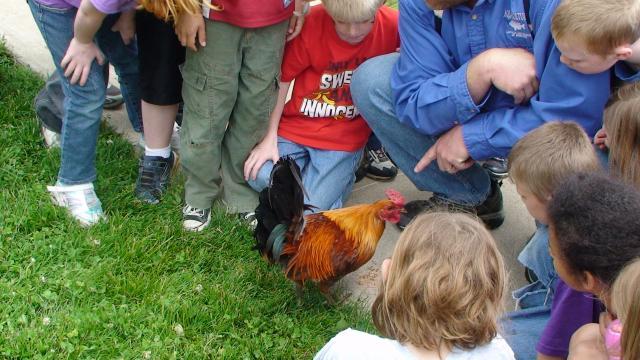- Jun 1, 2013
- 4
- 0
- 7
I understand the importance of a 30 day quarantine when introducing new members to a flock but I'm wondering if I might have a situation where this not necessary. Someone in my town took in two pullets in November and is currently unable to care for them. They were her first chickens and she does not have any others. Since these two have been in somewhat of a quarantine situation on their own right now, do you think my personal quarantine is still necessary? Or would a thorough observation be enough before starting the introduction process? Thanks for any input!




